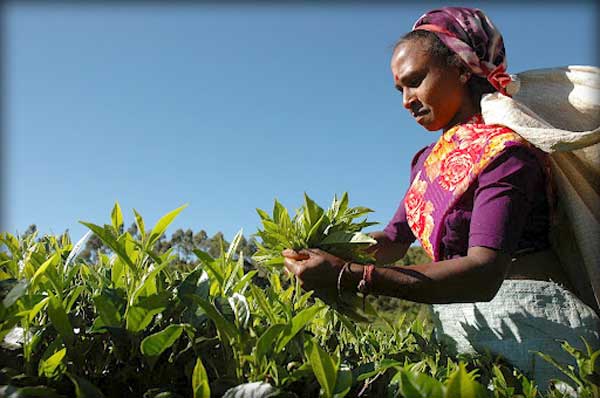31 May 2012 - {{hitsCtrl.values.hits}}
.jpg) A question we have all been tempted to ask at one time or another – how does it play out in the country’s economic scenario when it comes to gender equality? Certainly, in the boardrooms and plush offices of Sri Lanka’s burgeoning private sector, there is no glass ceiling for women in most aspects. Women managers are accepted and respected and most men, particularly the younger generations have no issues working for a woman. There is no gender issue there, at least for the most part.
A question we have all been tempted to ask at one time or another – how does it play out in the country’s economic scenario when it comes to gender equality? Certainly, in the boardrooms and plush offices of Sri Lanka’s burgeoning private sector, there is no glass ceiling for women in most aspects. Women managers are accepted and respected and most men, particularly the younger generations have no issues working for a woman. There is no gender issue there, at least for the most part.
26 Nov 2024 43 minute ago
26 Nov 2024 2 hours ago
26 Nov 2024 3 hours ago
26 Nov 2024 4 hours ago
26 Nov 2024 4 hours ago